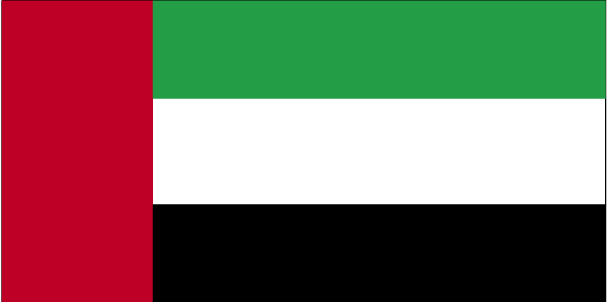
The Trucial States of the Persian Gulf coast granted the UK control of their defense and foreign affairs in 19th century treaties. In 1971, six of these states - Abu Dhabi, 'Ajman, Al Fujayrah, Ash Shariqah, Dubayy, and Umm al Qaywayn - merged to form the United Arab Emirates (UAE). They were joined in 1972 by Ra's al Khaymah. The UAE's per capita GDP is on par with those of leading West European nations. Its high oil revenues and its moderate foreign policy stance have allowed the UAE to play a vital role in the affairs of the region. For more than three decades, oil and global finance drove the UAE's economy. However, in 2008-09, the confluence of falling oil prices, collapsing real estate prices, and the international banking crisis hit the UAE especially hard. The UAE has essentially avoided the "Arab Spring" unrest seen elsewhere in the Middle East, though in March 2011, political activists and intellectuals signed a petition calling for greater public participation in governance that was widely circulated on the Internet. In an effort to stem potential further unrest, the government announced a multi-year, $1.6-billion infrastructure investment plan for the poorer northern emirates and aggressively pursued advocates of political reform.
petroleum, natural gas
arable land: 0.61%
permanent crops: 0.5%
other: 98.9% (2011)
5,628,805
country comparison to the world: 113
note: estimate is based on the results of the 2005 census that included a significantly higher estimate of net immigration of non-citizens than previous estimates; the United Arab Emirates' National B
Emirati 19%, other Arab and Iranian 23%, South Asian 50%, other expatriates (includes Westerners and East Asians) 8% (1982) note: less than 20% are UAE citizens (1982)
Muslim (Islam; official) 76%, Christian 9%, other (primarily Hindu and Buddhist, less than 5% of the population consists of Parsi, Baha'i, Druze, Sikh, Ahmadi, Ismaili, Dawoodi Bohra Muslim, and Jewish) 15% note: represents the total population; about 85
Arabic (official), Persian, English, Hindi, Urdu
definition: age 15 and over can read and write
total population: 90%
male: 89.5%
female: 91.5% (2005 est.)
Abu Dhabi
federation with specified powers delegated to the UAE federal government and other powers reserved to member emirates
2 December 1971 (from the UK)
Independence Day, 2 December (1971)